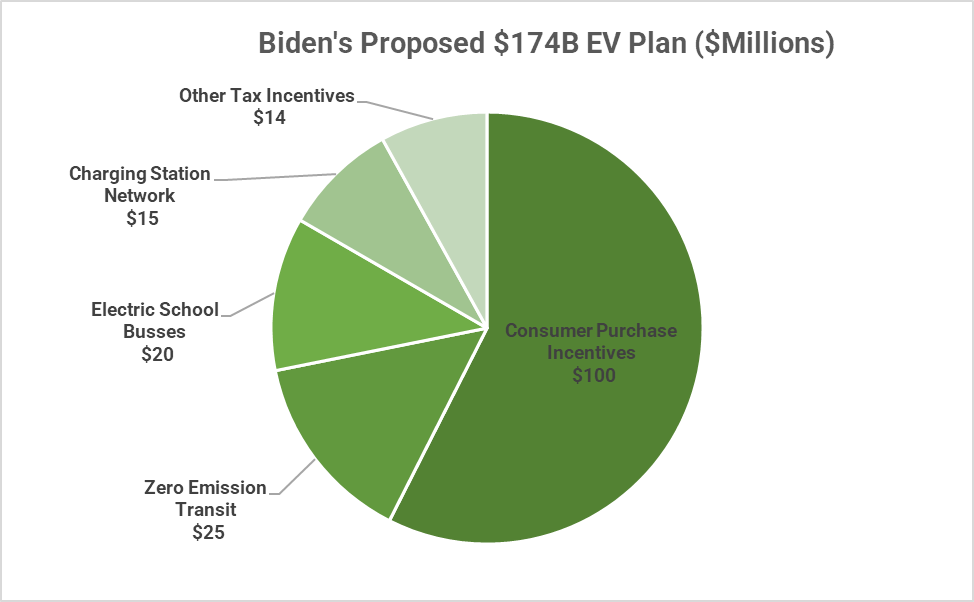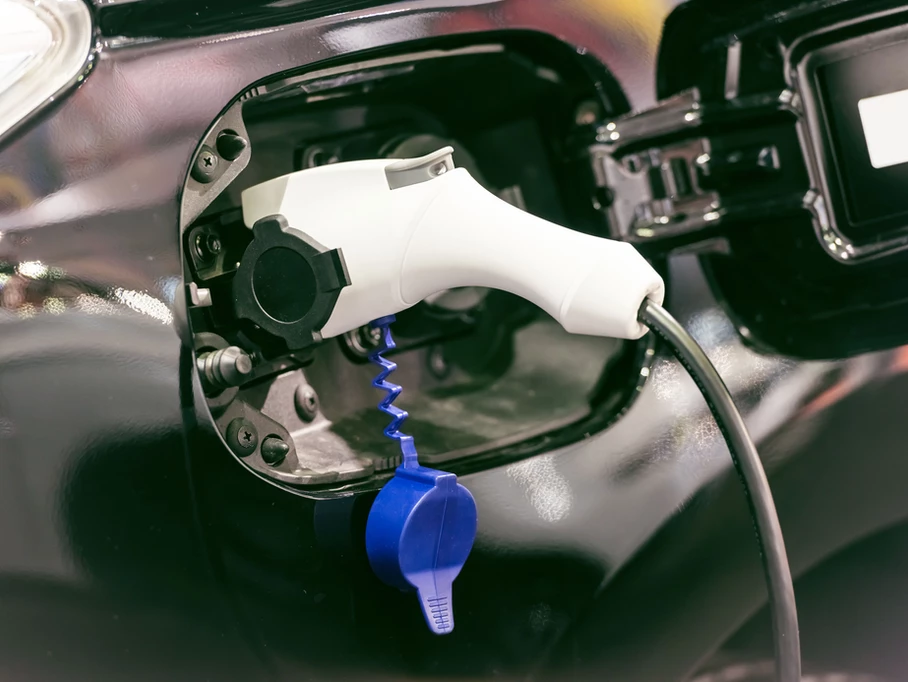Car owners, fleet managers, and public transportation planners, demand your incentives. Switching to zero emission vehicles (ZEV) like electric cars, trucks, and buses saves the rest of the world trillions of dollars, so why should you be footing the bill for everyone else.
Clean energy stocks, and electric vehicle stocks in particular, have had a rollercoaster year soaring 150-200% in 2020 and while only retracing down over 20% so far in 2021. With such meteoric returns this has a lot of investors uneasy, unsure if the current retracement is over or just beginning. However, for ZEVs we are still in the bottom of the 1st inning. Tesla has been leading the pack, increasing output over 50% YoY, but they aren’t the only player anymore. We have seen significant EV entrants in 2021, from the Ford Mustang Mach-E, to the VW ID.4, and the upcoming Hyundai Ioniq 5, all competing with the Tesla Model Y both on price and performance. And with automaker like GM announcing 30 new EV models, the competition will be accelerating for the near future. If all automakers hit their stated goals, we will be producing 60% BEVs by 2030! Remember, this analysis doesn’t even include other technologies like fuel cell and biofuel transportation options.
While some expected government support has been priced in, the level at which the U.S. is proposing to support the American EV industry is staggering. President Biden recently detailed the $175B EV portion of his proposed infrastructure plan, the largest slice being $100B in direct consumer purchase incentives. Here at Skibo Energy we are delighted to see proposals like this that start to recognize the value in adopting electric vehicles.

But even this lofty proposal doesn’t encompass all the value that electric vehicles will deliver to American consumers. To justify this package, the Biden Administration will cite climate change impacts, air quality benefits, and job creation, but will neglect to cite the savings to all ICE transportation users. Based on Skibo Energy’s Rapid Substitution analysis, replacing an ICE vehicle with an electric vehicle will save $100,000 in gasoline costs by other users over its lifetime. This enhanced value is based on miles driven per year and the gas mileage of the vehicle. So, for pickup trucks, delivery vans, and semi-trucks the benefit to society is even greater.

The burden of this benefit should not be placed on the individual consumer, it should be incorporated into every nation’s transportation policies. While the government can do this through incentives and tax breaks, Skibo Energy advocates for a dedicated climate change project manager who would be able to in a position to quantify and allocate the benefits of the transition. The project manager will be able to generate the lowest cost to consumers in addition to the to all the environmental, economic, and safety benefits that Rapid Substitution brings to the world.



